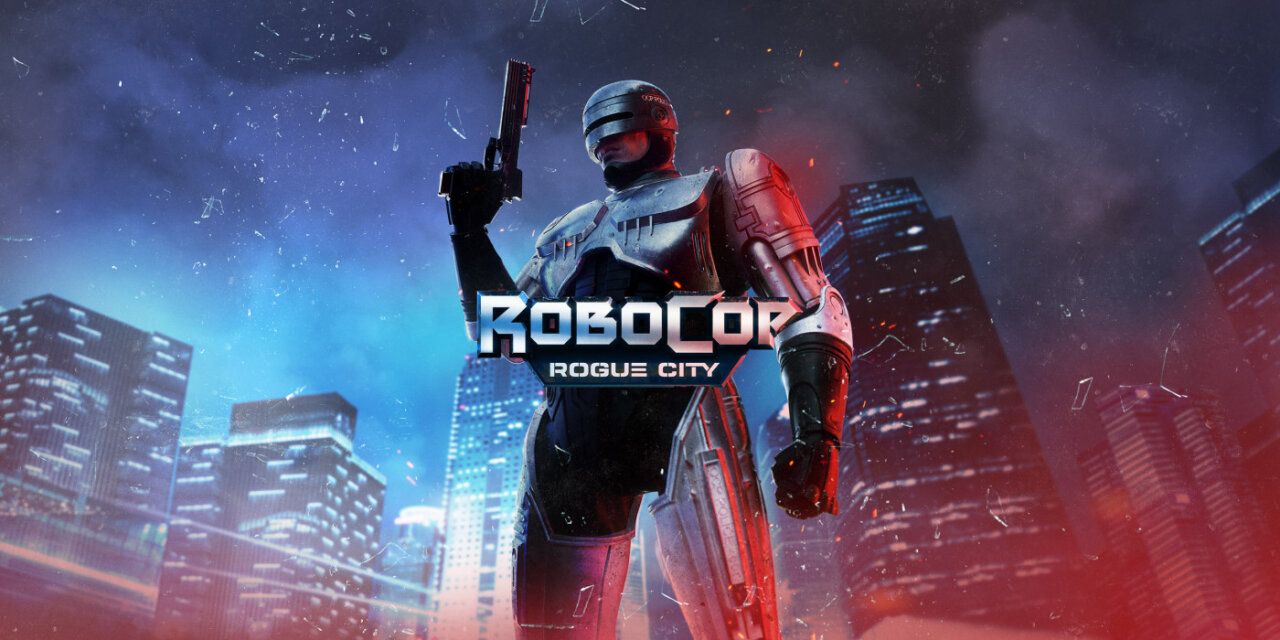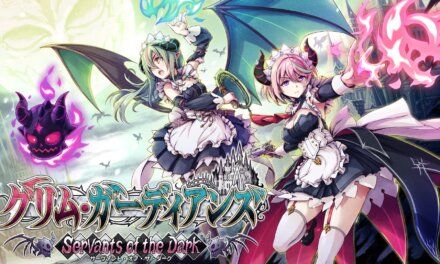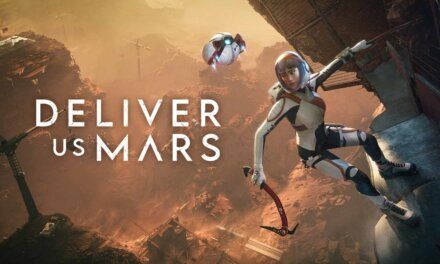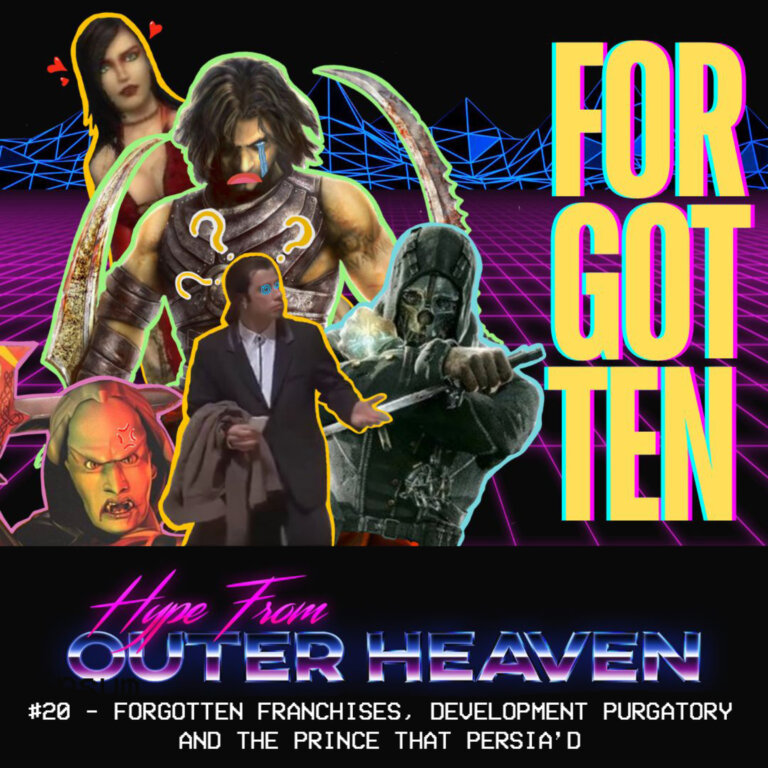“Your move, Creep.”
Hailing from Kraków, Poland is indie developer: Teyon (known previously for Terminator: Resistance) and their love letter to one of the best 80’s Sci-Fi movies ever made, with: RoboCop: Rogue City. Being somewhat of a linear/semi-open world hybrid, RoboCop: Rogue City certainly doesn’t do anything new from a gameplay perspective, but it’s presented in such a way that makes it clear that the guys at Teyon are massive fans of the movies. In collaboration with Metro Goldwyn-Mayer, Teyon has crafted an original storyline set within the original RoboCop trilogy, taking place between the events of RoboCop 2 and 3, which is clear from the get go that the game was a labour of love, built from the ground up in Unreal Engine 5. Having released worldwide on 2nd November 2023 for the Xbox Series S/X, Windows and PlayStation 5, I’m going to be giving the rundown on the time I’ve spent with the latter; detailing the good, deconstructing the bad, and ultimately discussing whether the game is worth your time and money at the £49.99 asking price (UK PSN Store).
In regards to 80’s cinema, I’ve got pretty bad case of rose-tinted glasses. Whilst the era is certainly known for some of cinema’s greats, it’s also known for it’s fair share of corny, b-movie cheese that most won’t give a second look, especially in horror and doubly so for over-the-top violence (both of which just happen to be my two of my favourite brands of said cheese). From Night of the Demons (1988) to the The Toxic Avenger (1984), the era is littered with movies that encompass all of the best (and worst) tropes of the era, but none quite pull it off as perfectly as Paul Verhoeven’s 1987 Sci-Fi classic: RoboCop. The plight of Alex J. Murphy is one that has left it’s mark in the annals of contemporary media, being one of the progenitors of the Cyberpunk genre (alongside Ridley Scott’s 1982 epic: Blade Runner) which has inspired numerous different IPs by laying the groundwork for a dystopian sci-fi setting and society. This is seen heavily within videogames also with the likes of 2011’s Deus Ex: Human Revolution (Adam Jensen and Murphy literally have the same origin story) and the stellar Cyberpunk 2077 (quite possibly my favourite game of the last decade) being two of the most notable examples of this.
Whilst more recent examples of the Cyberpunk genre tend to focus primarily on hyper-inflating current political and societal issues to a level that acts a grim reminder of what might lay in store for us in the coming years, RoboCop as a franchise is somewhat of an 80’s time capsule; the franchise still drums home the same dystopian feel, while grounding itself within the confines of 1980s America, and the issues that surrounded Detroit at the time. Developer Teyon made sure that this foundation was the core when it came to RoboCop: Rogue City; working in conjunction with Metro Goldwyn-Mayer to create an original story that takes place between the events of RoboCop 2 and 3. Following the events of RoboCop 2 and the final showdown with Cain, Murphy (voiced once again by the stellar Peter Weller) is back on the beat until he receives the call regarding the local Channel 9 news studio that has been taken over by a gang called the Torch heads, who are trying to get the attention of a high-profile criminal who recently arrived in town, called ‘the new guy’. Following a successful raid on the TV station and a hallucination/malfunction on Murphy’s part; RoboCop gets embroiled in a conspiracy regarding the new guy, and the puppet masters that are pulling his strings from within the shadows.
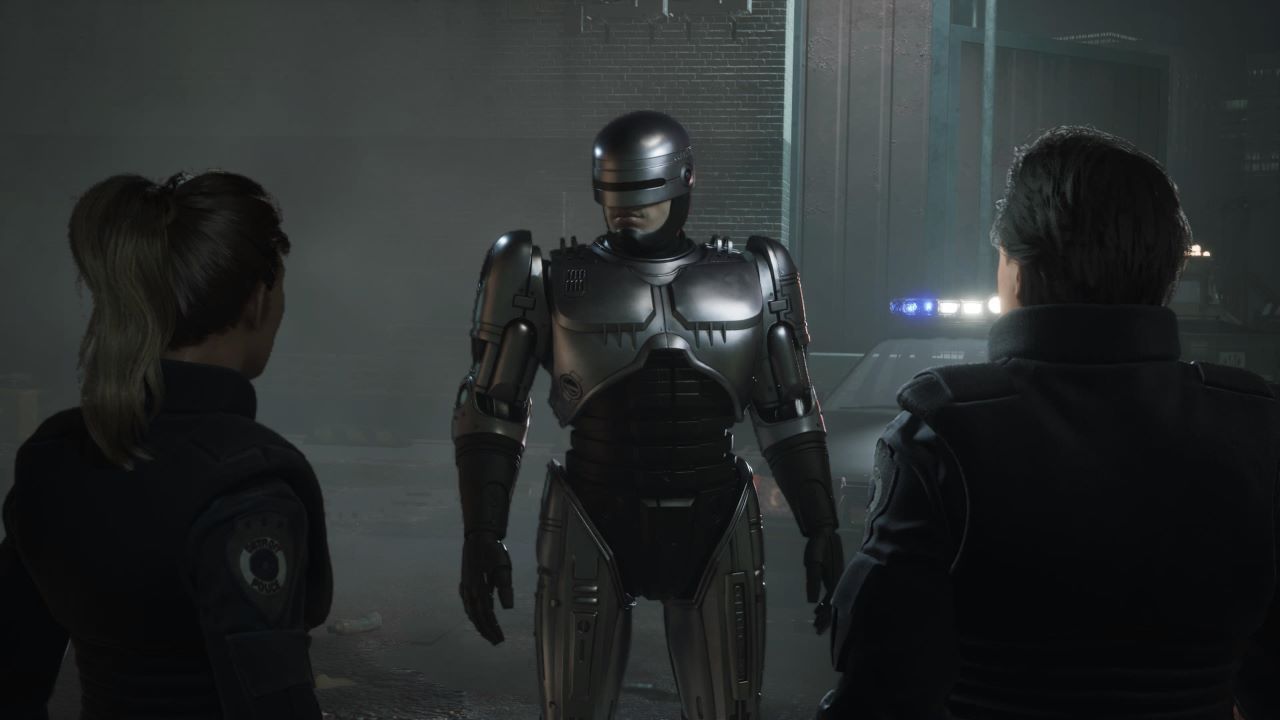
Serve the public trust: Rogue City is unapologetically RoboCop, showcasing the lengths that Teyon went to when it comes to being faithful to the movies.
Falling somewhere between a first-person shooter, RPG and police simulator; Robocop: Rogue City is a unique experience that truly captures the feeling of playing as RoboCop, from the shooting, dialogue choices, even down to the mechanical shambling of Murphy walking. The game takes place across both linear missions and small open-ended map sections between the missions where multiple side quests and points of interest take place. Murphy is given multiple means of solving the various situations that the game throws at you; you can be diplomatic and lenient with ‘serving the public trust’, decide to be stern and uphold the law (even down to the point of issuing parking tickets) or go as far as going in all guns blazing, all of which will affect your mission rating at the end of the stage. In terms of going in all guns blazing, the combat is by far one of the best draws of Rogue City, feeling somewhat simplistic but punchy and satisfying at the same time. Murphy’s signature Auto9 makes a return from the movies, which can be upgraded after a certain point in the game; Murphy also has the ability to use weapons dropped by enemies which can be used to execute adversaries in spectacular 80’s blood-splatter fashion. Murphy can also be upgraded via various paths once you level up, allowing you to focus on certain skills which unlock powerful combat or detective abilities, allowing you to uncover more or kill enemies in more creative ways; melee is surprisingly satisfying for example, as well as the ability to yeet a television at an assailant’s head.
It’s safe to say one of Rogue City’s biggest achievements is the level of accuracy and faithfulness that it has towards the movie franchise, indicative that a lot of care and attention has been afforded by developer: Teyon. For starters, getting Peter Weller back to reprise the role of Murphy is one the game’s most stellar features as it feels like it takes place right in the middle of the classic franchise, allowing you to effectively roleplay as the titular cyborg policeman himself. Environments from the movie make a return also; places like the factory complex where Clarence Boddicker and his goons killed Murphy in the original movie, the original police station (including the signature curb scrape as the police car is leaving via the basement) even down to the streets of Detroit themselves, that capture that dystopian 80’s city feel down to a T. The care and attention also goes beyond RoboCop itself, with references to other movies of the period, which is a nostalgia buff’s dream come true. The music and sound design are worth a mention also, as the score is so nostalgically perfect that it left me humming the theme to the franchise for weeks after.
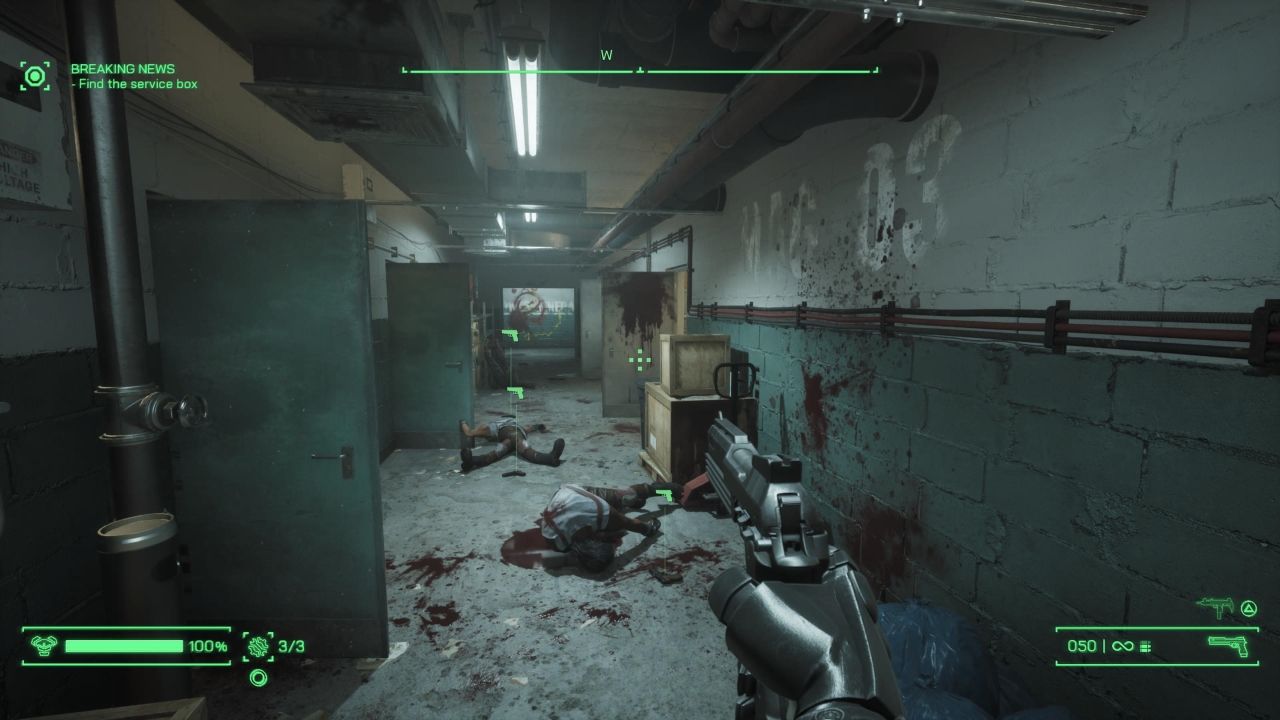
I’m here to kick ass and chew bubble gum: RoboCop: Rogue City pulls no punches in the gore department, offering a bloody, visceral spectacle that does the original movie the justice it deserves.
On the technical front, RoboCop: Rogue City has been built from the ground up in Unreal Engine 5, showcasing the latest tech that the current iteration of the engine has to offer. Offering both Performance and Quality modes on the PlayStation 5; the latter offers a dynamic resolution dropping no lower than 1080p and scaling up to 1440p with an unlocked frame rate that is pretty consistent on the tail end of high 50’s in cutscenes and solid 60fps during gameplay. Quality mode is locked to 1440p at 30fps, offering similar visuals at the cost of less frames; the difference is hardly noticeable between the two modes on a 4K television, so I opted to play in performance for the 15 odd hours it took me to complete the game. Overall, it’s safe to say that RoboCop: Rogue City was a labour of love for developer: Teyon, and is somewhat dedicated to bringing old 80’s movies back to life via the medium of video games, so it will be exciting to see what they decide to work on next (please be Aliens).
A PlayStation 5 review code was provided by Nacon.

